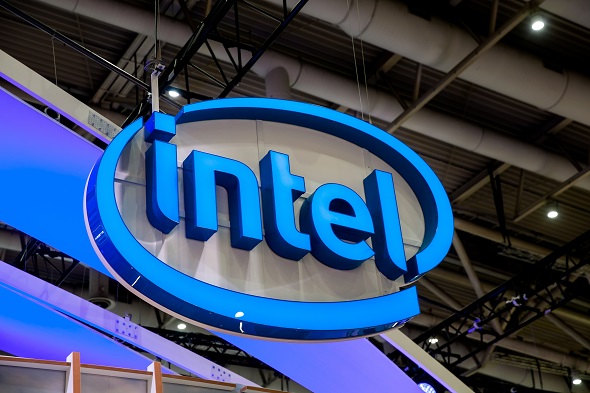Trish Damkroger
This is an updated version of a news story run earlier today. – editor
Intel has confirmed a story run earlier today on insideHPC that Trish Damkroger will leave her position as vice president and general manager of Intel’s High Performance Computing (HPC) Group.
An email sent to us by Intel’s communications office said “Intel recently made some changes to our Accelerated Computing Systems and Graphics organization (AXG). The changes we made were done to improve organizational workflows and enable us to scale to the ambitions of our roadmap. Intel’s HPC business and engineering teams are part of AXG. As part of the changes we made to AXG, we created the Super Compute Group, which will focus on CPU and GPU products that target HPC workloads. Jeff McVeigh will lead the Super Compute Group as the group’s General Manager.”
McVeigh is Intel’s VP/GM, Data Center XPU Products & Solutions.
Intel added that it has “not announced Trish Damkroger’s new role within Intel at this time.”
Damkroger can be added to the lengthening list of senior management changes at Intel with direct or indirect impact on HPC. She ascended to a leadership HPC role in November 2019, when Rajeeb Hazra, corporate VP of Intel’s Data Center Group and GM for the Enterprise and Government Group (and now SVP/GM of Micron’s Compute & Networking Business Unit), announced his retirement from Intel.
Damkroger’s departure as head of Intel HPC raises questions regarding other aspects of Intel’s HPC efforts – notably two problem areas for the company, the status of the two chips slated to drive the Aurora exascale supercomputer at Argonne National Laboratory, for which Intel is the prime contractor.

Jeff McVeigh
In July 2020, Intel announced that its Ponte Vecchio GPU would be delayed by about six months, pushing the scheduled delivery of Aurora exascale from this year, when it was to have been the first U.S. exascale system, until sometime next year. In addition, Intel announced last June that production of the “Sapphire Rapids” Xeon CPU would be delayed until 2022, with expectations that shipments will begin next April.
Whether the chip and Aurora delays impacted Damkroger’s status at Intel is a matter of speculation. But one source told us this is doubtful, that there are other changes afoot in Intel’s HPC strategy related to how and to which advanced computing sectors the company will market its products, part of a more generalized reshaping of the company under Pat Gelsinger, named Intel CEO last January.




